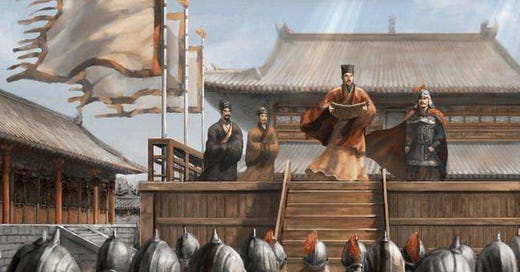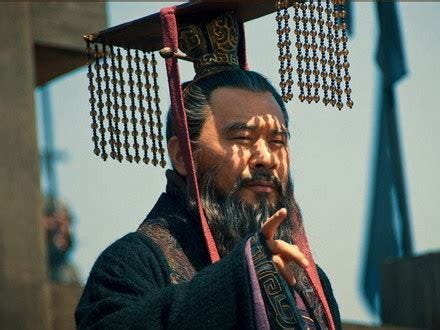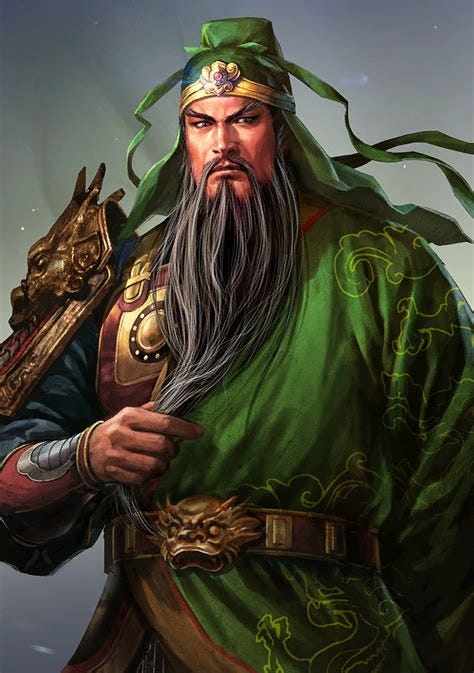Previous Chapter :Cao Cao's Northern Expedition 5(Three Kingdoms 40)
Catalog of Three Kingdoms’ history
The Nobility ranks of the Three Kingdoms were similar to those of the Han Dynasty(202BC-8AD , 25AD-220AD), with three classes,which are : Princes王, dukes公 and Marquises侯.
Liu Bang刘邦,who found the Western Han Dynasty(202BC-8AD) had a posthumous order that: “someone whose surname is not Liu, will not be allowed to be crowned as Prince,or any one can kill him!” So the title of Prince could only be entitled to the Sons of the emperors, it could not be entitled others,that were not from the royal family.
Duke, on the other hand, was generally used as a transitional title before an emperor's son was appointed as a Prince. Many sons of the emperor in the Han Dynasty were not directly appointed as Princes, they were first appointed as Dukes, and then subsequently promoted to the title of Princes, so Dukes were also not appointed to others who is not from the royal family.
At most, ministers of merit could only be appointed as Marquis, the only exception is Cao Cao, who is later called the Duke of Wei魏公 and then the Prince of Wei魏王.
In addition to the royal relatives, other surnames(Not Liu) who want to be awarded the Marquis ,they need to rely on the merits of the war.
Marquis can be divided into Ranked Marquis列侯 and Marquis Within the Passes关内侯.
Each of the Ranked Marqui was awarded with a fiefdom,he could get taxes from his fiefdom, and his fiefdom could be hereditary,so their titles always carried the place names after the word “Marquis” .
The Marquis Within the Passes was the lowest rank, it's an honourary title, with no fiefdom, and even the title was not hereditary.
The amount of the taxes a Marquis could get from his fiefdom depended on the total number of people's households within his fiefdom.
A high Ranked Marquis whose fiefdom was a County could reach tens of thousands of households, so it is also called the Marquis of 10000 Househelds万户侯. For example, Xiao He萧何, the Marquis of Cuo酂侯,a founding Prime Minister of the Western Han Dynasty,was a Marquis of County, also known as the "No.1 Marquis of the Foundation",he can get taxes fron more than 10,000 households within his fiefdom .
Even a low Ranked Marquis like the Marquis of Village亭侯, had a fiefdom with hundreds households, so as long as someone was awarded the title of Marquis of Village, even if he did not work as an official and did not receive a salary from the court, he would get taxes with doing nothing, and he could even pass it on to his future generations, which was a great honour.
Although the fiefdoms were real, the Ranked Marquis could only collect taxes from his fiefdom,but he had no power to participate in the administration of his fiefdom. Therefore, even though they had been awarded the title of Marquis, they still had to be busy with their own affairs.
Most of the Marquises lived in the capital, if someday, the Emperor really ordered someone to live in his fiefdom , this means that the emperor no longer wants to employ him, and as a result, he has lost his political status, which is equivalent to a punishment.
Marquis of County is more unattainable, such as the 28 generals who followed Liu Xiu刘秀(reigned 25-57AD) to found the Eastern Han dynasty(25-220AD), they are all awarded ad Marquises of County.
Cao Cao was awarded the title of Marquis of Wuping武平 after moving Emperor Xian(reigned 189-220AD) to Xuchang许昌 in 196 A.D. . Marquis of Wuping was a Marquis of County, Wuping was a County in Chen陈 Commandery of Yuzhou豫州,it's Cao Cao’s territory, so Cao Cao of course can get his taxes, and he could get taxes from a staggering number of 20000 households, making him a true “Marquis of 10000 Househelds”.
Sun Ce's孙策 Marquis of Wu吴侯 was also a Marquis of County, with a fiefdom in Wu County of Wu Commandery, Yangzhou. The name of the Marquis of a county usually does not carry the word county in its title, it is directly Marquis of so-and-so. For example, Dong Zhuo's Marquis of Mei郿, Yuan Shao's Marquis of Ye邺(yecheng邺城), Gongsun Zan's Marquis of Ji蓟, Liu Biao's Marquis of Chengwu成武, Liu Yan's Marquis of Yangcheng阳城, Ma Teng's Marquis of Huaili槐里, and Lu Bu's Marquis of Wen温, etc., all of them were Marquises of County.
The people I just mentioned were all famous warlords during the Three Kingdoms period. Mainly because the emperor without real power, in order to win over or appease these powerful warlords, reluctantly gave them the highest rewards so that they could legitimately collect taxes within their own territory. An ordinary generals could usually not be awarded as a Marquis of County.
Those lower than the Marquis of County were called Marquis of Township乡侯, which usually carried the word township in it, such as Zhang Fei张飞 of Marquis of Xi Township, Zhuge Liang of Marquis of Wu Township武乡, Fei Yi费祎 of Marquis of Cheng Township成乡, Gu Yong顾雍 of Marquis of Yangsui Township阳岁乡, and so on. Slightly lower level than the Marquis of Township was called the Marquis of Capital Township都乡侯, which meant that someone is a Marquis of Township, but his fiefdom is in the capital of a county.
Then there is the Marquis of Village, whose fiefdom is a Village. The most famous, Guan Yu , was the Marquis of Hanshou汉寿 Village. His Marquis of Hanshou Village was awarded after he helped Cao Cao to kill Yan Liang颜良. The name of the place, Hanshou, was used a lot during the Han dynasty, meaning that the Great Han Dynasty could have a long and prosperous future. One theory is that Hanshou was in Wuling武陵 Commandery of Jingzhou荆州, but the Hanshou in Wuling, would have been a county, much larger than a Village,so this theory is not right . Guan Yu was very proud to be named Marquis of Hanshou Village , because the Marquis of Hanshou Village was already a very prestigious title, it was even awarded by the name of the Emperor of the Han Dynasty. Unlike Zhang Fei or Zhuge Liang, who, although they were Marquises of Township,they were awarded by the court of the Shu Han Empire itself, which is not sufficiently well recognised.
A lower rank than the Marquis of Village was called the Marquis of Capital Village都亭侯, it's like the Marquis of Capital Township, its fiefdom is in the capital of the county that the village belongs to,but the name of the village is Omitted. The Marquis of Capital Village was the lowest level of the Ranked Marquis, and the next level was the Marquis within the Passes, which was only a title of honour.
The rank of the nobility was mainly a reflection of the status, and did not fully represent the number of taxes, the specific taxes also depended on where the fiefdom was located, for example, a township in a rich area was likely to have more people than a county in a poor area. There were also cases where the Marquis of Village had more taxes than the Marquis of Township, for example, Xiahou Shang's夏侯尚 Marquis of Changling Township昌陵乡侯 had only 900 households, while Xun Yu's荀彧 Marquis of Wansui Village万岁亭侯 had 2,000 households.
Of course, this is only an exception; the average Marquis of village had fewer households than the Marquis of Township, and the Marquis of Township generally had fewer households than the Marquis of County.
To be Continued









Fascinating! I look forward to reading more. Will I be able to retrieve the earlier chapters?
Best New Year wishes to you!